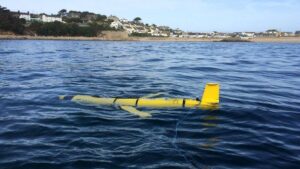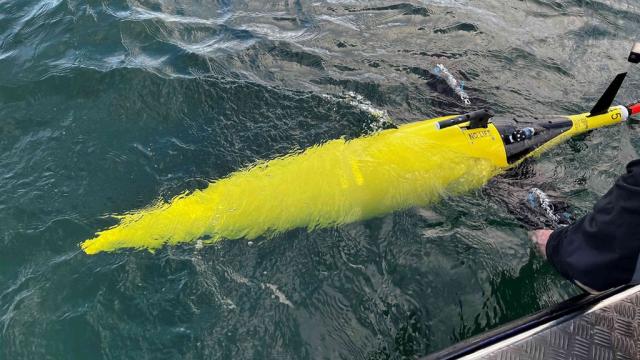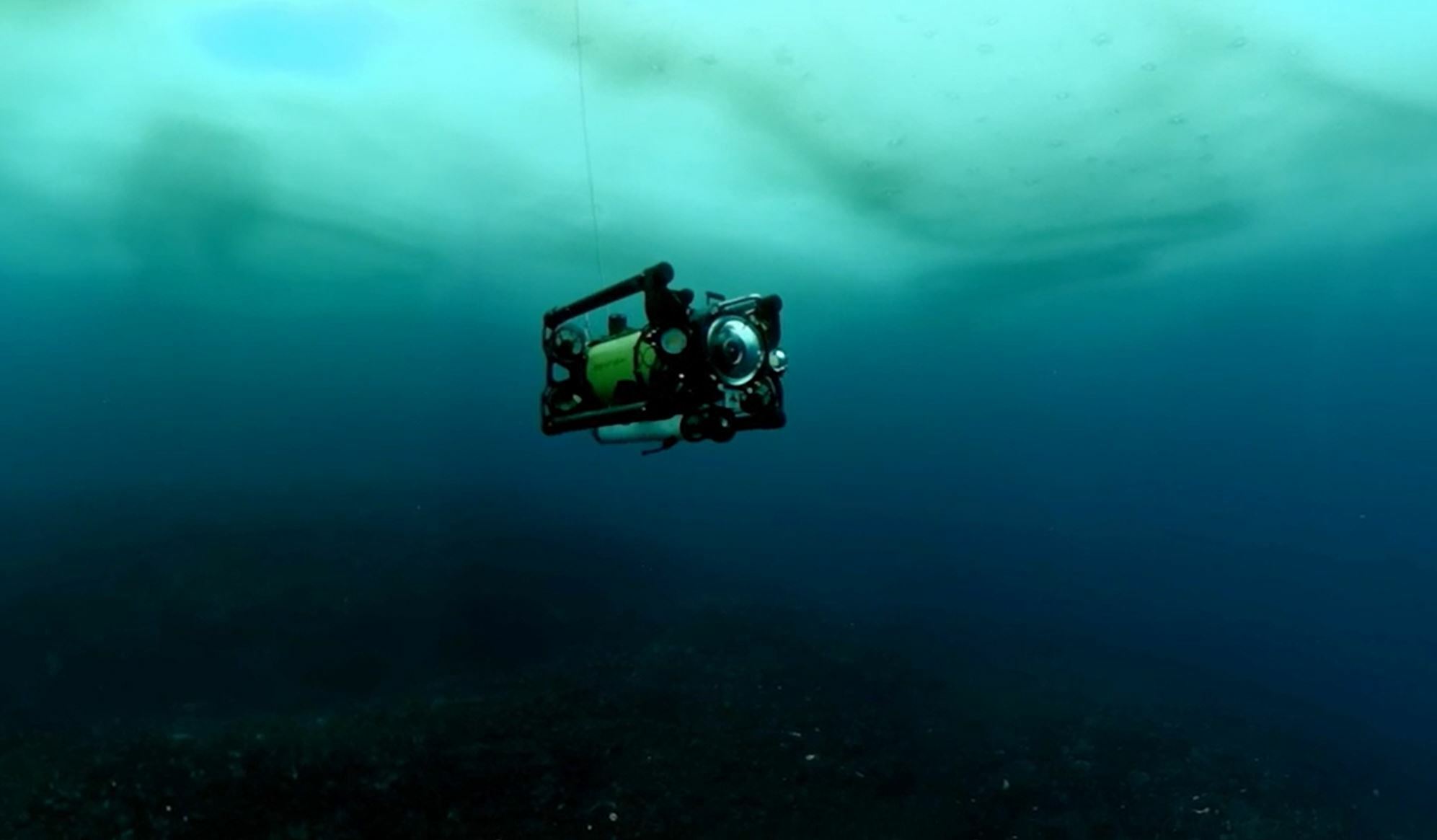Ocean’s health. Scientists up in Scotland are sending underwater robots on a mission to keep an eye on our oceans and check if things are going haywire because of climate change.
Following the Ocean Conveyor Belt
These clever robots are checking out the ocean’s conveyor belt, which is like a highway moving warm and cool water between the Caribbean and the Arctic. Scientists are worried that if this system gets weaker, it could mess up a big chunk of our planet.

High-Tech Explorers
The Scottish Association for Marine Science (Sams) is behind this cool tech. They’re sending out these robot gliders to cruise between the UK and Iceland for about five months, all by themselves.
Why It’s Important
This ocean conveyor belt is a big deal. It spreads tropical heat all around the world and helps keep places in northern Europe milder than they should be at those latitudes.
The Big Concern
Scientists think this system might be slowly losing its strength. But here’s the tricky part: because it changes naturally, experts need to watch it closely for many years before saying for sure if it’s getting weaker.
Catastrophic but Not Soon
While a collapse of this ocean conveyor belt would be a disaster, scientists say it’s highly unlikely to happen in the 21st Century. Phew!
The Gliders’ Job
These robot gliders are no joke. They dive down about 1,000 meters (over 3,000 feet), checking water temperature, oxygen levels, and saltiness. They move at a snail’s pace, surfacing every five to six hours to chat with the research team through satellites.
Oceanographer’s Take
Helen Smith, an ocean expert, says we don’t know much about the ocean because most past studies were limited to one spot and usually just in summer. These gliders change the game by collecting data all year round in places we couldn’t reach before.
Meet the Amoc
The current in question is called the Atlantic Meridional Overturning Circulation (Amoc). It’s been studied since 2004. Warm water heads north, cools down, gets denser, and sinks deeper. Then the cooler water heads back south, completing the loop.
Why It Matters
The Met Office warns that with ice melting in the poles and the planet getting warmer, keeping an eye on this system is crucial.
Expert Insights
Professor Mark Inall, a big shot in ocean stuff, highlights how important the North Atlantic’s heat is for our climate. It shifts a ton of heat from the tropics up to the polar regions, making the UK a stormy but lively place.
More Than Just Ocean Data
Apart from keeping tabs on the Amoc, the info these gliders gather helps scientists understand how changes in the ocean affect the atmosphere. Plus, it gives real-time data that can help with short-term weather forecasts.
Extra Tech at Work
They’re not just using gliders; there’s also an autonomous boat in the mix. This one uses sonar to collect data about ocean pressure from sensors on the sea bed. It’s all hands-on deck to understand what’s happening in our changing oceans.



